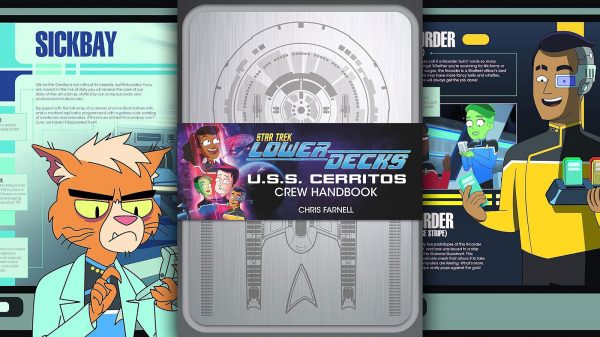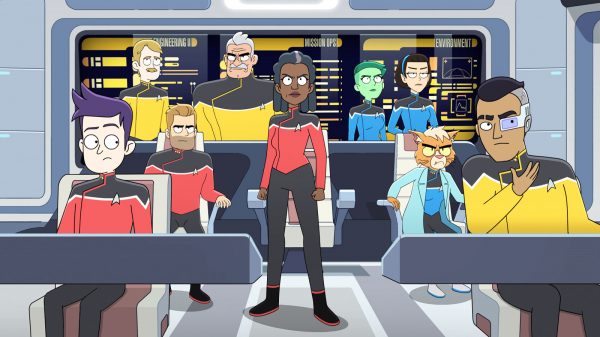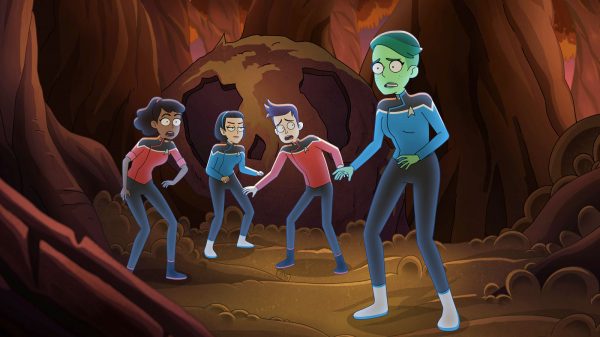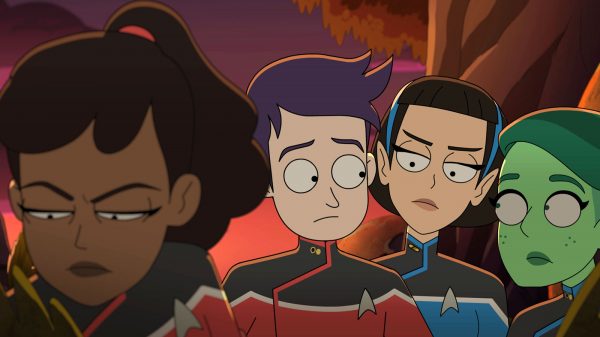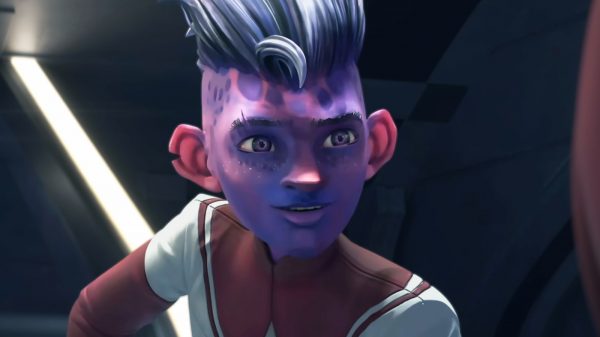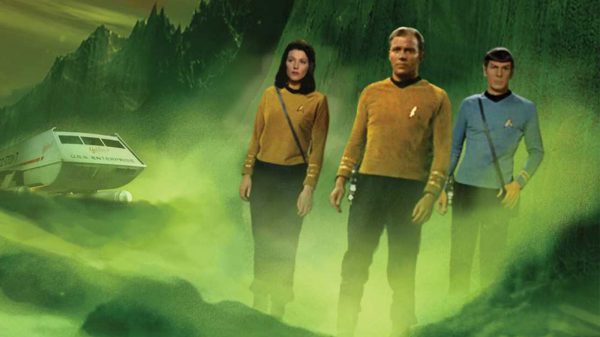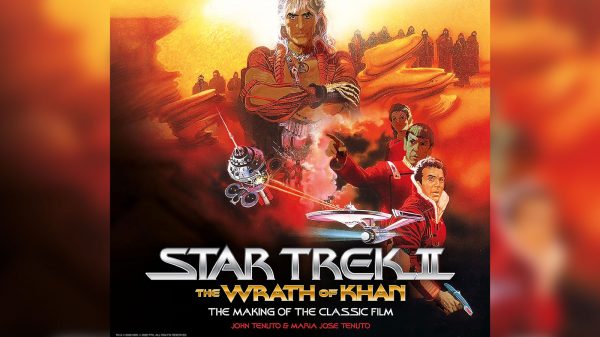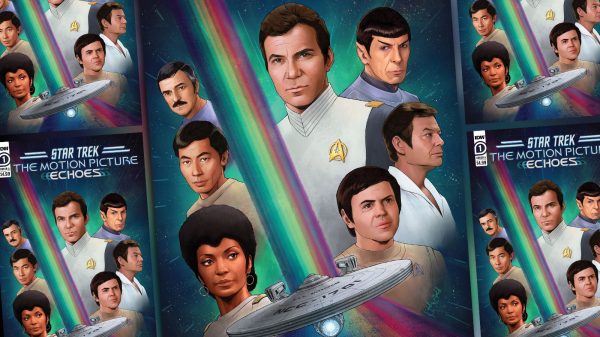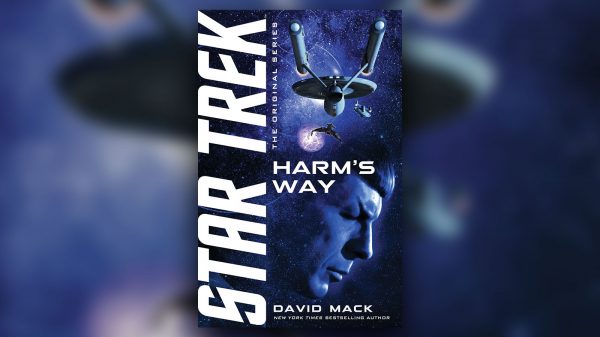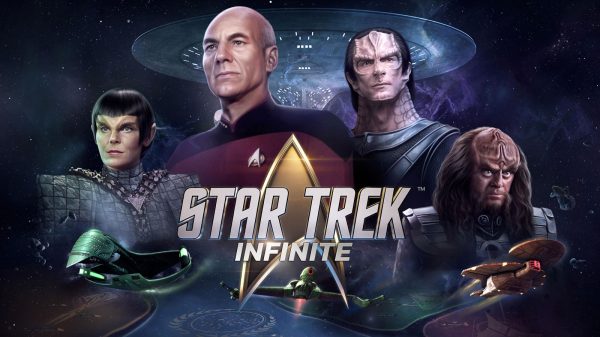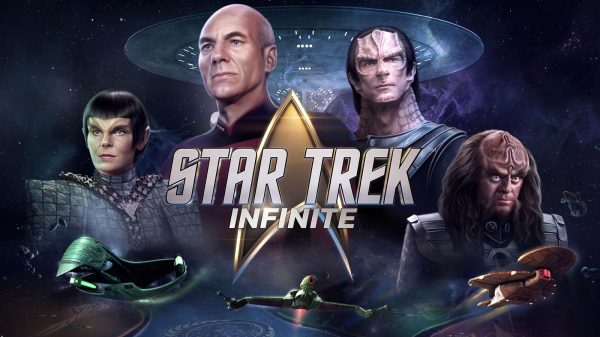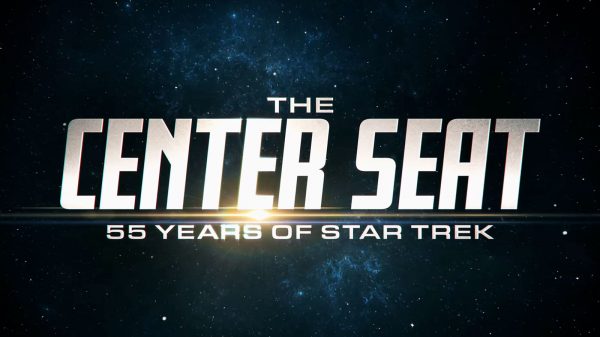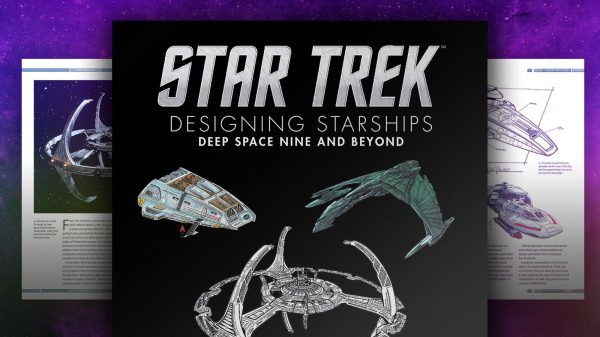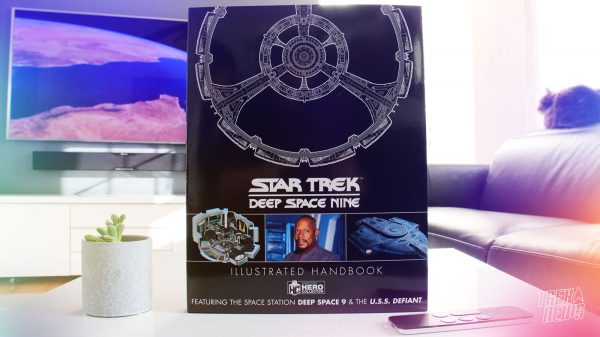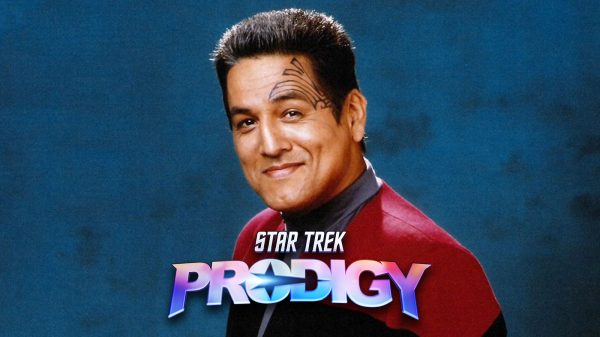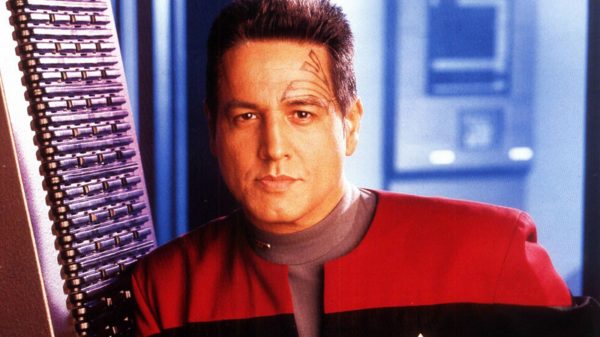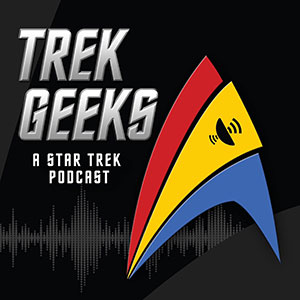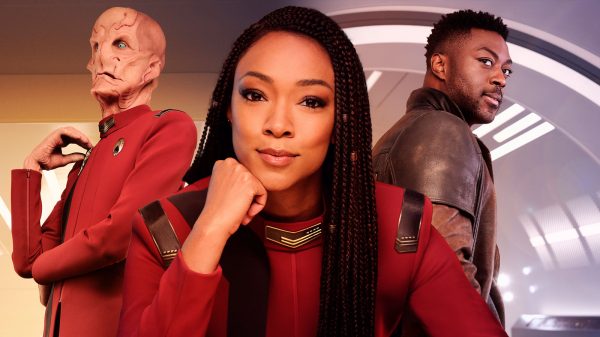Review: Star Trek: Prodigy: Supernova
It’s a rare treat when fans have new Star Trek video games to look forward to. Besides the ever-present and generally great Star Trek Online, standalone Star Trek video games just aren’t that common. Just think: the last such game was Star Trek: Bridge Crew, and understandably not everybody wanted to find a few people to play with while wearing VR headsets. Before Bridge Crew, it was Star Trek, released for consoles and PC in 2013 — and that game was only okay and it actually is no longer available for purchase on digital storefronts. Thanks, licensing.
Now, a new arrival on the scene gives gamers something to latch onto, and although Star Trek: Prodigy: Supernova is geared toward a younger demographic, we still walked away pleased enough with the result that we can say it’s worth picking up, especially if you have young ones using the second player control.
Supernova is published by Outright Games, a company known for kids games of various IPs, and developed by Tessera Studios, a Spain-based studio that previously released Intruders: Hide and Seek, a VR-compatible stealth game. Supernova features the voice cast of the TV show, namely Kate Mulgrew as Hologram Janeway, Brett Grey as Dal, Ella Purnell as Gwyn, Rylee Alazraqui as Rok-Tahk, Angus Imrie as Zero, Jason Mantzoukas as Jankom Pog and Dee Bradley Baker as Murf. Having the entire cast on board is a huge plus and generally makes the game feel like it belongs in the Prodigy universe.
The game sees players try to repair the Protostar after crashing in a Dyson Sphere and finding the rest of the Protostar crew as they try to avert a star from collapsing. Not a bad plot as far as Star Trek goes, and we could easily picture such a scenario happening in any one of the Star Trek shows. We do recommend you watch or re-watch the existing Prodigy episodes, as this story references previous events in important ways.
The first thing you’ll notice about this game is that it feels like Prodigy. Besides the cast, the animation style of the TV show translates well enough to video game graphics, although don’t expect this game’s visuals to rival the gorgeous animation as seen on TV. Besides the introductory graphic novel-esque cutscene, the rest of the animation has that Prodigy feel.
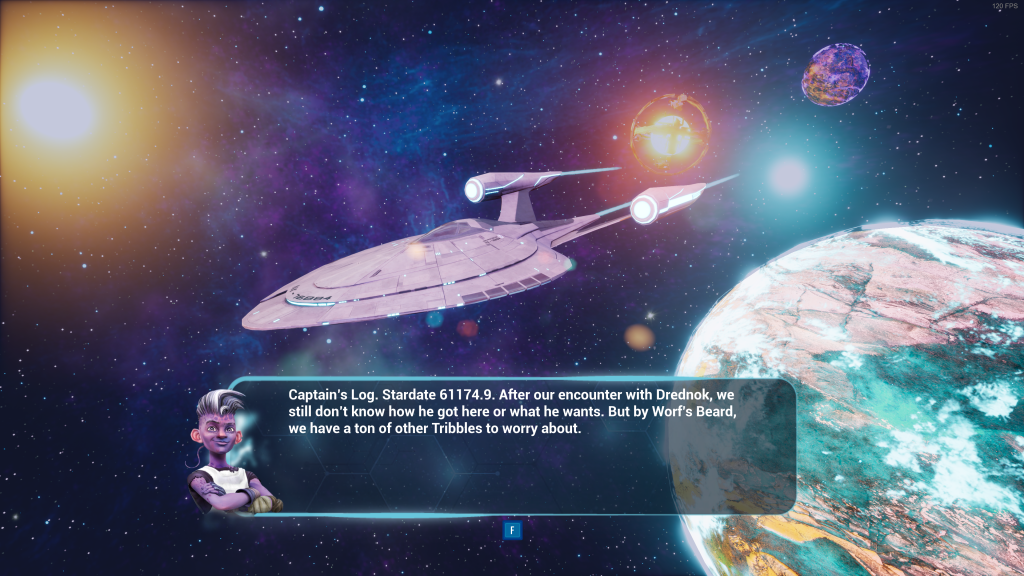

Regarding the game’s presentation, there are a few cut corners – things like generic lip synch, oft-repeated voice lines (you’ll be hearing a lot of “Captain Dal, ready for action!”), some typos in the subtitles, video settings not saving, and buggy animations at times, but such polish generally falls by the wayside when targeting younger minds. Although we should note most of these minor criticisms are likely easily patchable should Tessera Studios care to do so.
One thing that hits the game’s presentation is the lack of icons for controllers. On the PC version, we were playing with an Xbox controller, but the game always showed generic white icons for the Xbox’s A, X, Y, and B buttons. More than a few people likely rely on seeing the color or letter of the button as much as its position on the controller, so this is a disappointing design choice.
Aiding the game’s presentation is a surprisingly great musical score. Sure, the Prodigy theme song is present when you first start the game and at key points during gameplay, but a sweeping orchestral score helps add moodiness and emotion to the game. Having a notable score is something we totally didn’t expect from this “kids’ game,” so it’s a welcome addition.
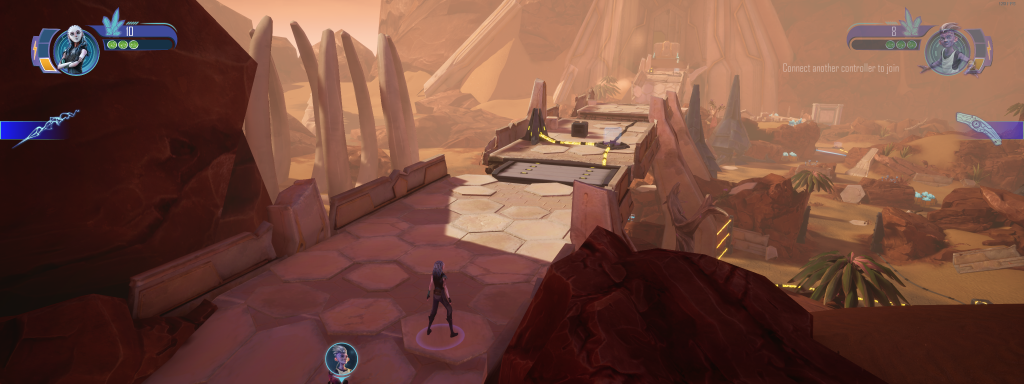

For those more serious gamers, we just want to note how unexpectedly happy we were at how well Supernova performs. Our review code was for Steam, and we found Supernova works easily with ultrawide setups right from the start, and the game supports high frame rates no problem. While keyboard/mouse support is available, we found the twin-stick style gameplay feels better on a controller, and you can swap between the two forms of input on the fly.
As you could gather from various trailers, Supernova is a top-down twin stick shooter, where, if playing solo, you can switch between Dal and Gwyn as they shoot, slash, and puzzle-solve their way through the environment. If you are playing co-op, which we highly recommend you do, one player controls Dal and one controls Gwyn. Local co-op is a rarity nowadays, so we are thrilled to see Tessera build their game around this feature. If you’re not playing co-op, the game’s AI does a decent job of controlling the other player when needed, although you’ll be switching between the two characters fairly often and won’t have to rely on AI to progress through the game.
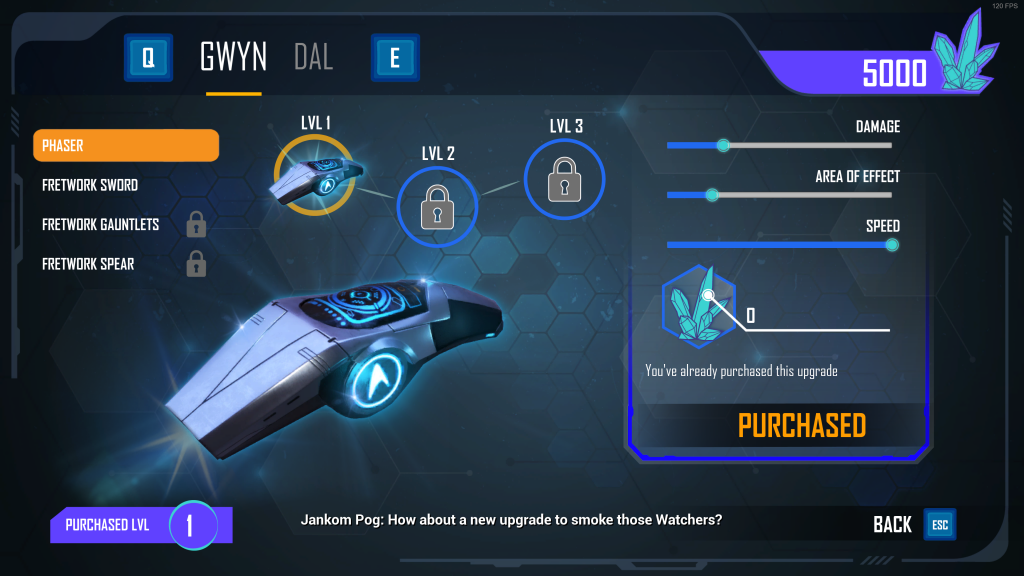

While there is not too much in the way of gameplay variety, there’s enough to occupy younger gamers. Dal is stronger with his ranged weapons than his melee weapon, and Gwyn is vice versa, so that helps inform how you can approach battles. These battles usually contain multiple forms of Watchers, an enemy familiar to Prodigy fans. You can also explore the environment to discover collectibles and harvest as many crystals as you can to upgrade your weapons. When you aren’t on one of three planets, you can explore the Protostar. We would have loved to see an Elite Force Virtual Voyager-esque free roam option, but unfortunately Supernova limits you to three rooms: the bridge, a room that houses all your collectibles, and the holodeck.
As you progress through the story, your crew can help you in combat, which is a neat touch that helps the feeling of comradery among the Protostar crew. However, if Tessera Studios makes another Prodigy-based game, we would love to see the crew more equally represented. For now, this is definitely a mostly Dal and Gwyn affair, as they are the only playable characters.
Supernova offers a standard action-adventure game progression system that kids might already be used to based on their previous video game exposure. Explore enough of the environment and you’ll be rewarded with upgrades and collectibles. While fighting, you need to keep an eye on your ranged weapon to make sure it doesn’t overheat. While adults may not find the game too involved, the important thing is that these systems are easily digestible and won’t be an impediment to young players. There is even reason to go back and replay the game’s levels, as each mission awards you accolades for completing certain challenges, including beating a level in so many minutes, something you won’t likely do the first time around.
Taken together, Supernova is a respectable entry point for kids in the Star Trek gaming space. The spirit of the show is carried pretty well into this game’s story, and younger and older players will surely have fun tackling missions together. Don’t expect an AAA-level of polish here, and there are some critiques we would hope Tessera addresses in a future patch.
So, let’s revel in a new Star Trek game arriving on our hard drives, and enjoy some time with our younger family members. Supernova seems to fit the bill in this way.
Star Trek: Prodigy: Supernova is available now digitally on the respective PlayStation, Xbox, and Switch storefronts, and on Amazon for Xbox (digital code), Xbox (physical), Switch (physical), and PlayStation 4 (physical). There doesn’t seem to be a PS5 Amazon listing for the game at this time.
Disclosure: We reviewed Star Trek: Prodigy: Supernova on PC with a pre-release code provided by Outright Games.
Stay tuned to TrekNews.net for all the latest news on Star Trek merchandise, along with details on Star Trek: Strange New Worlds, Star Trek: Picard, Star Trek: Discovery, Star Trek: Lower Decks, Star Trek: Prodigy, and more.


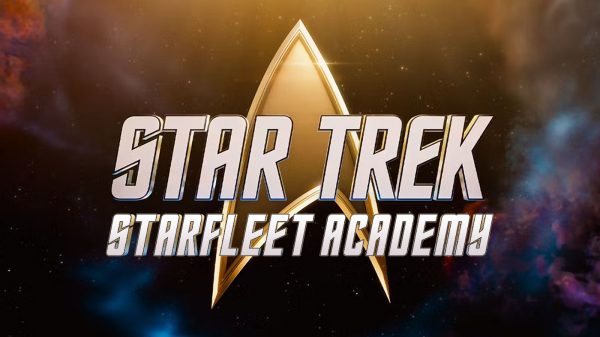
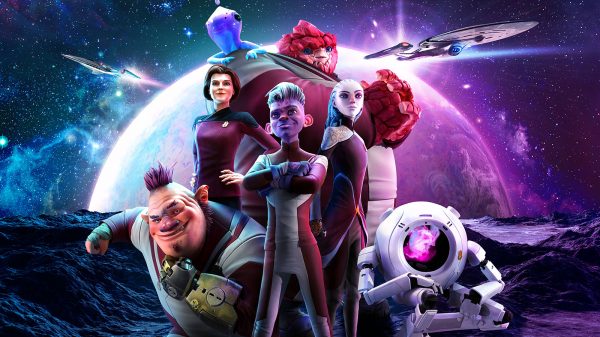
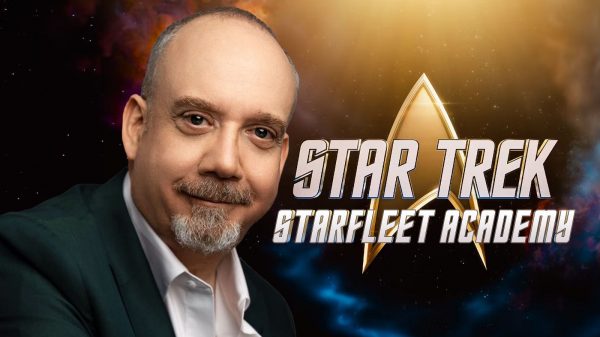
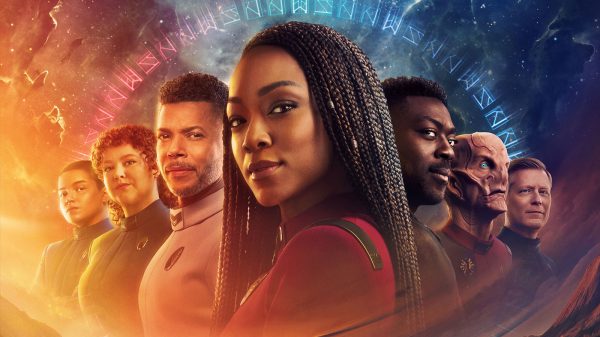
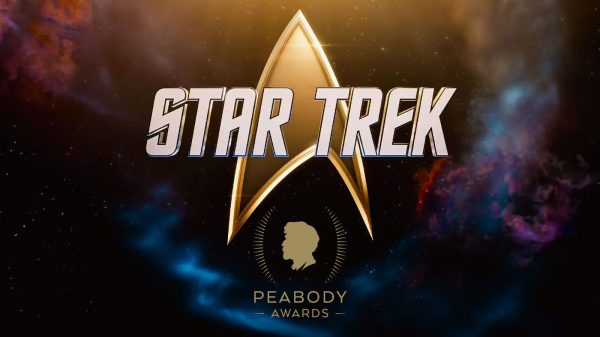
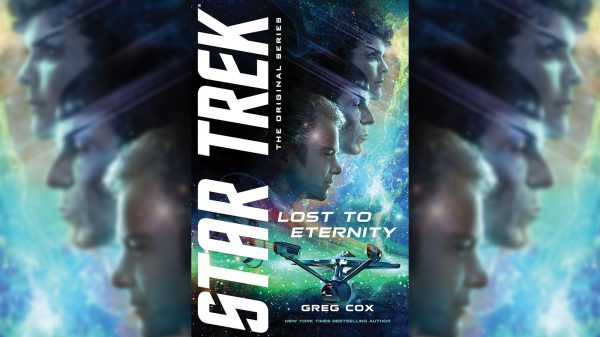
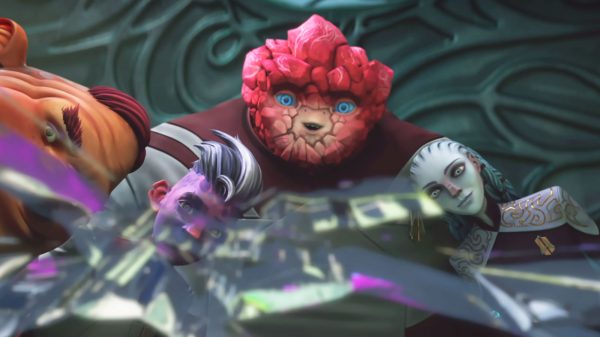
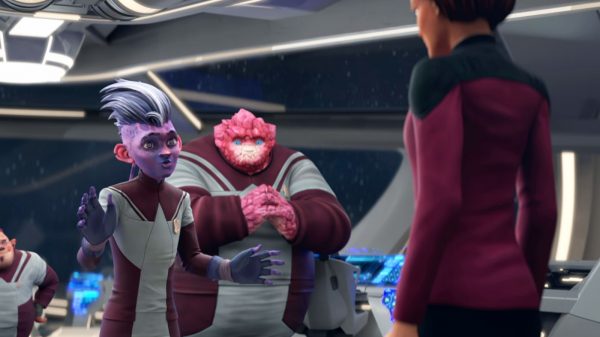
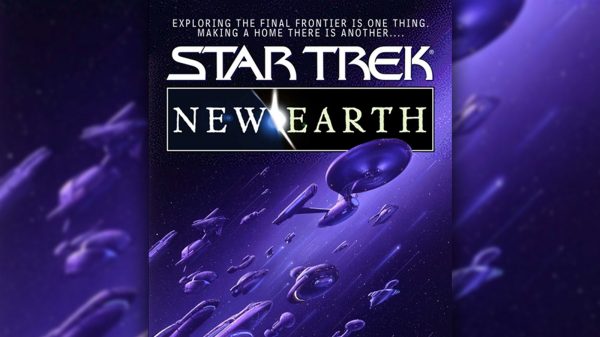
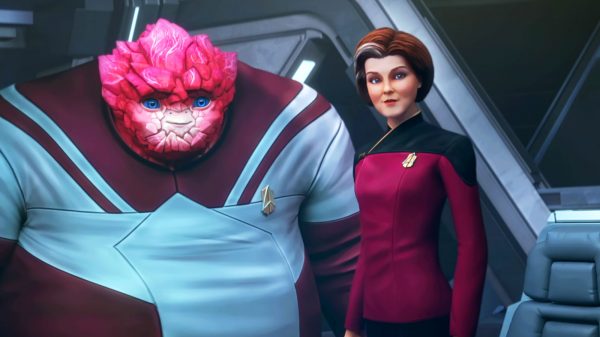
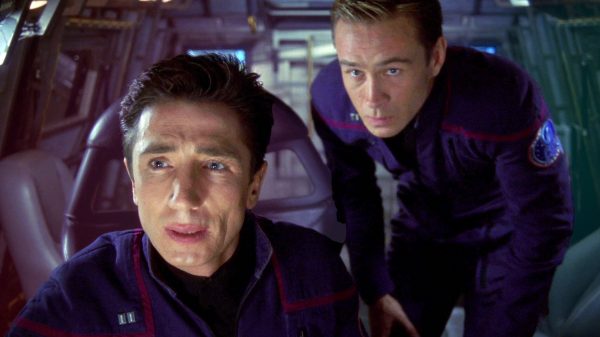

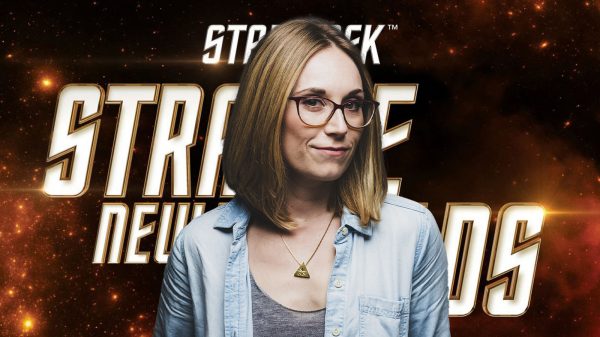
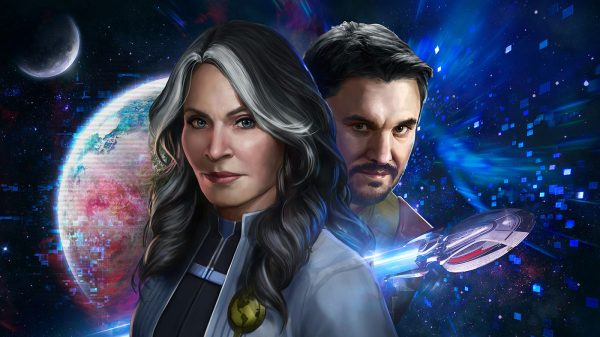



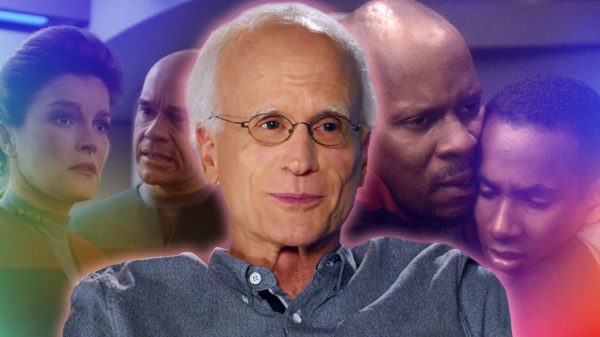
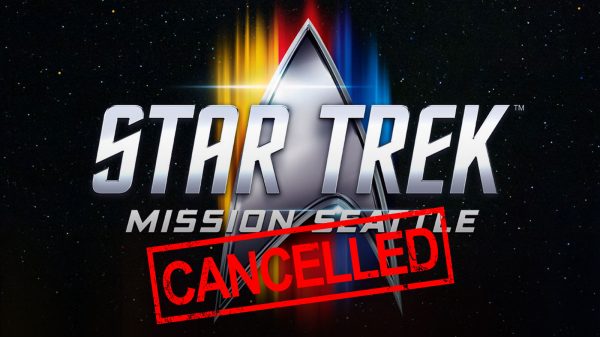

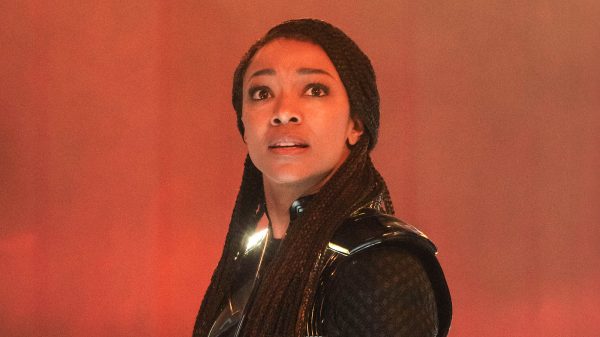
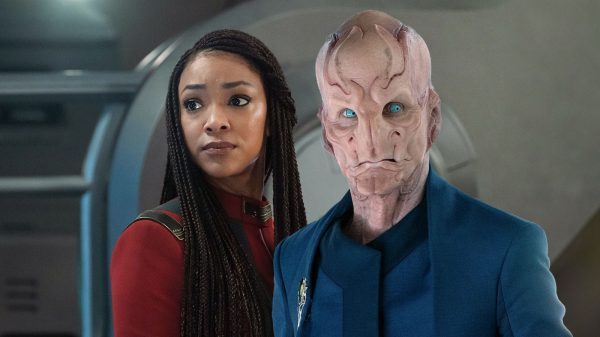

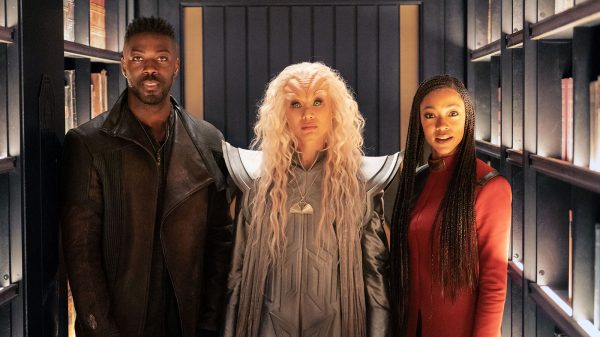
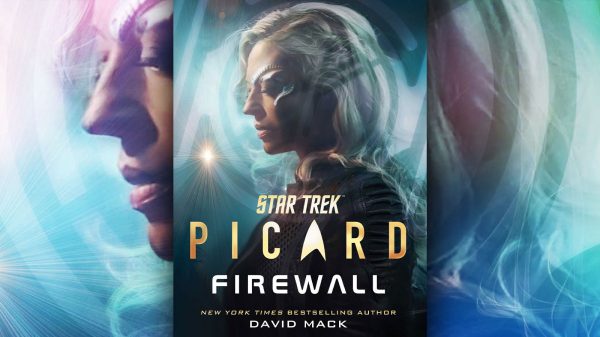
![2023: A banner year for Star Trek — here’s why [Op-Ed]](https://treknews.net/wp-content/uploads/2024/01/star-trek-2023-year-in-review-600x337.jpg)

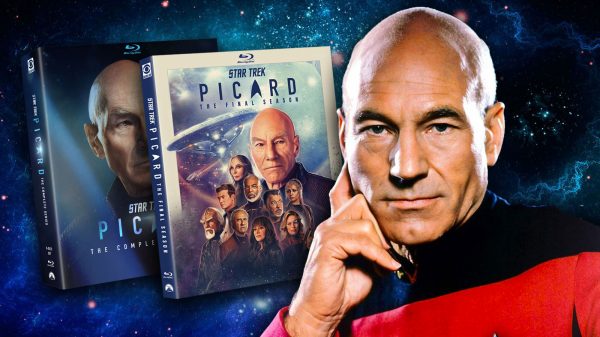
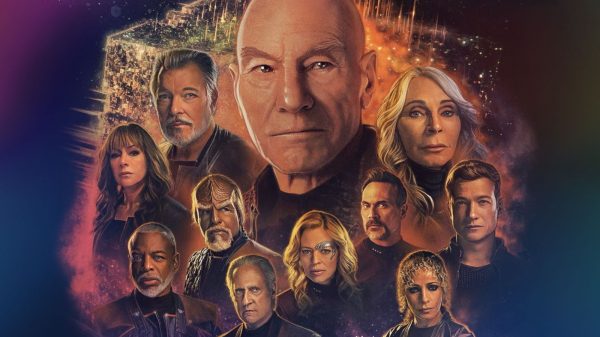
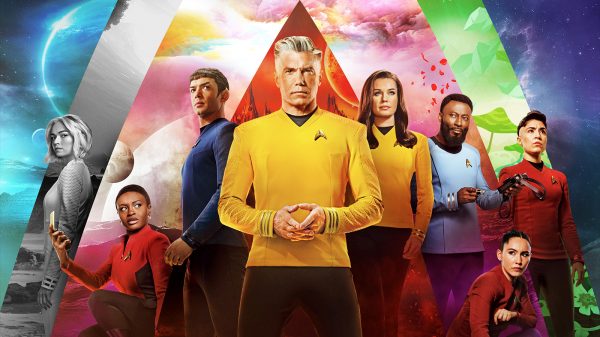
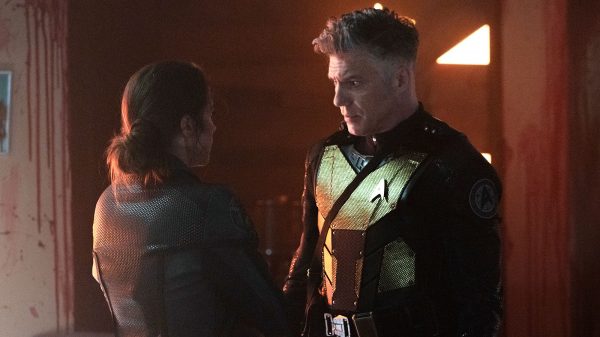
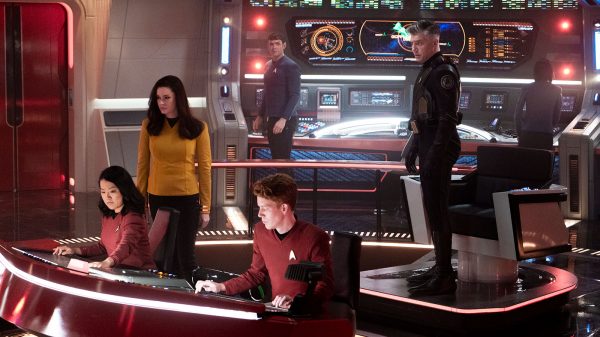

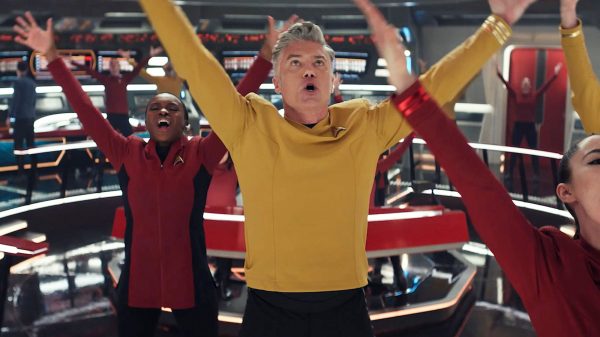
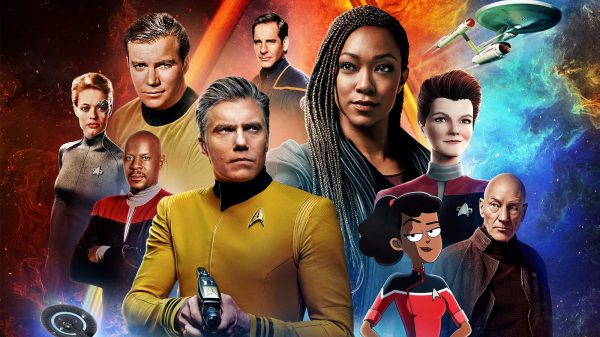
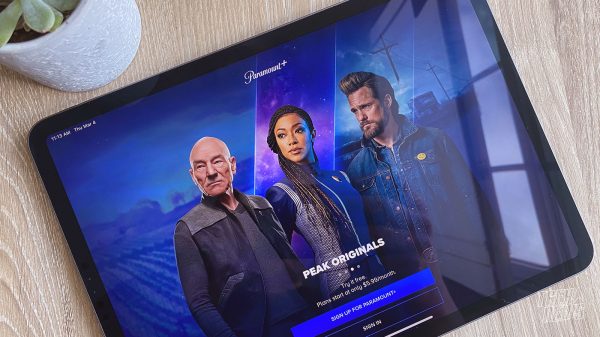
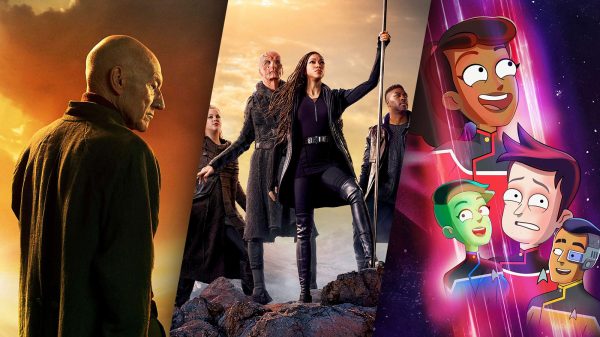
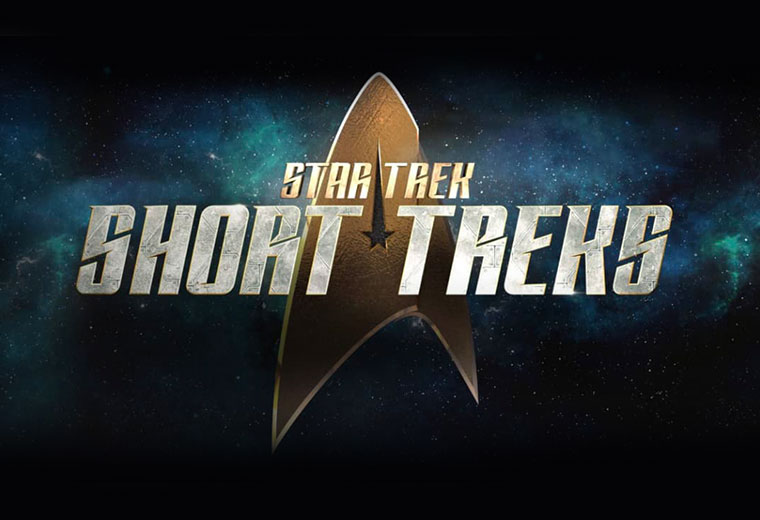
![[REVIEW] STAR TREK: SHORT TREKS "Children of Mars": All Hands... Battlestations](https://treknews.net/wp-content/uploads/2020/01/review-star-trek-short-treks-children-of-mars.jpg)
